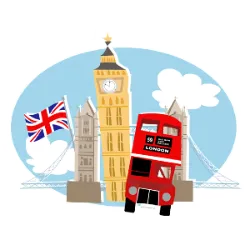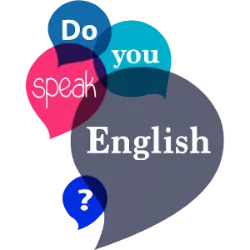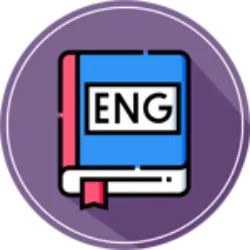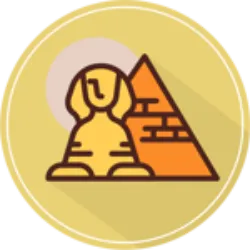Short stories and fables

At the intermediate level of English, when telling short stories and fables, we use more elaborate structures, such as the
Let's understand this with an example:
In this example, we use
In addition, the sequence of events structure helps to make the story clear and engaging.
Written Texts: Travel and Tourism
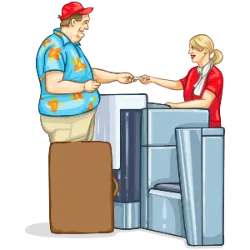
At the intermediate level of English, when we talk about travel and tourism, we learn to use more complex structures to describe past and future experiences in detail.
Let's understand how to use the
Here, we are using the Simple Past, which is used to talk about actions or events completed in the past.
To make the story more interesting and detailed, we can include sequence words, such as:
Example of a more elaborate text:
Notice that by detailing the events, the sequence of actions becomes clearer. In addition, we can include adjectives to describe places and feelings, such as
Test yourself with one of these challenges 👇
Discover some interesting facts about intermediate english
Inversion is when the normal order of words in a sentence is changed

Inversion is when the normal order of words in a sentence is changed, usually for emphasis, style, or to create a specific grammatical structure.
- Normally, the order in English is:
Subject + Verb + Complement
Example: She had never seen such a thing.
With inversion, we change this:
- Negative adverbials
These expressions force an inversion when placed at the beginning of the sentence:
Examples:
- Never had she seen such a beautiful sunset.
- Rarely do we get such an opportunity.
- Not only did he win, but he also broke the record.
- Expressions of place.
Inversion sometimes happens with verbs of movement:
- On the hill stood a lonely cabin.
- Into the room walked the professor.
- Conditional structures (conditions)
Instead of using if , you can use formal inversion:
- Had I known, I would have helped.
Test yourself with one of these challenges 👇
HOME
